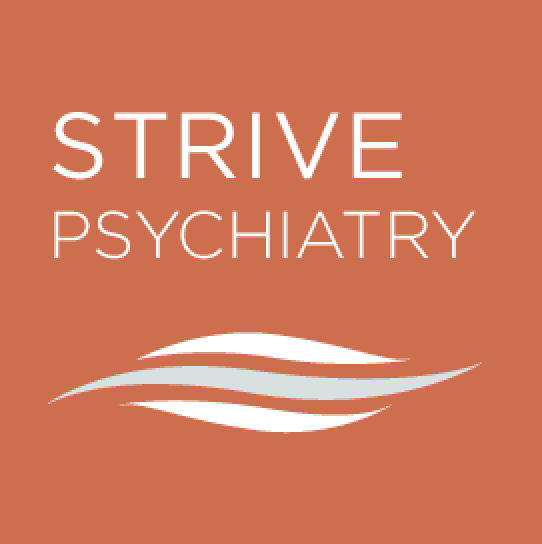1 out of 9 women in the US experience postpartum depression (PPD) according to the Centers for Disease Control. Like other forms of depression, PPD is frequently overlooked. Removing the stigma associated with postpartum depression and helping new mothers seek treatment is key to helping women improve. Read below to learn what symptoms to watch for, as well as the available treatments for postpartum depression.
Postpartum Depression Symptoms
While many women may feel down momentarily or have fleeting feelings of stress, PPD is a persistent period of sadness, fatigue, and anxiety. Many people brush off the symptoms of postpartum depression because they think it is just a case of the “baby blues.” While baby blues last anywhere from a few hours to a week; PPD can last for weeks or even months at a time. The baby blues usually resolve on their own. PPD typically does not.
PPD has many of the symptoms of Major Depressive Disorder. These could be feelings of hopelessness, listlessness, exhaustion, sadness, guilt, and helplessness. Low energy and exhaustion are often overlooked since many new mothers are already sleep-deprived from taking care of their babies.
Feelings of anger and irritability may also be a warning sign. Many women with PPD experience elevated stress levels, and struggle to find ways to relieve stress. A big red flag to watch out for is if a mother acts withdrawn or distant when interacting with friends and family.
Women experiencing PPD may feel disconnected from their babies. They may also worry about their ability as a mother and express concern that they may hurt the baby. All of these symptoms point to something more serious than the baby blues. If a woman expresses these concerns, don’t write them off. Validate her experience and encourage her to seek help.
Challenges with Treatment
Even after a woman is diagnosed, there are still significant challenges for recovery. Many women are aware of the dangers of taking certain medications during pregnancy, and some of the same concerns exist after pregnancy as well.
Many antidepressants take time to reach maximum efficiency. Women may experience severe symptoms even after starting treatment, which poses a valid concern for those who need relief quickly. The National Institute of Mental Health highlights this, stating, “Antidepressant medications act on the brain chemicals that are involved in mood regulation. Many antidepressants take a few weeks to be most effective. While these medications are generally considered safe to use during breastfeeding, a woman should talk to her healthcare provider about the risks and benefits to both herself and her baby.”
TMS therapy is another effective option that is approved for the postpartum period. Patients undergoing TMS therapy typically see results after just a few treatments, which is a benefit when compared to the delay in results from taking antidepressants.
TMS has fewer side effects than antidepressants. Since it is not ingested like prescription medications there may also be a lower risk to nursing babies. TMS is non-invasive, making it an ideal treatment for postpartum depression.
Conquering Postpartum Depression
A proper diagnosis combined with a good treatment plan is essential to help women achieve healthy, productive lives. Women who recognize the symptoms can get help sooner and find relief faster.
While any postpartum woman could potentially be at risk, certain situations increase a woman’s risk factor. Women with low support from friends and family, teenage mothers, women who had difficulty conceiving or giving birth to multiples or premature babies are more likely to have PPD. A woman with a previous miscarriage or stillbirth has an increased risk of developing PPD as well.
If you recognize postpartum depression symptoms in yourself or a loved one, don’t write it off as the baby blues. Dismissing symptoms can lead to a missed diagnosis and years of suffering. Talk to your healthcare provider to determine if what you are experiencing may be postpartum depression.
If you are interested in TMS therapy, contact Strive Psychiatry for more information.
Utah Residents 801-494-1922
Nevada Residents 702-291-2967
Our friendly staff is happy to answer your questions and help you determine if TMS is right for you.

